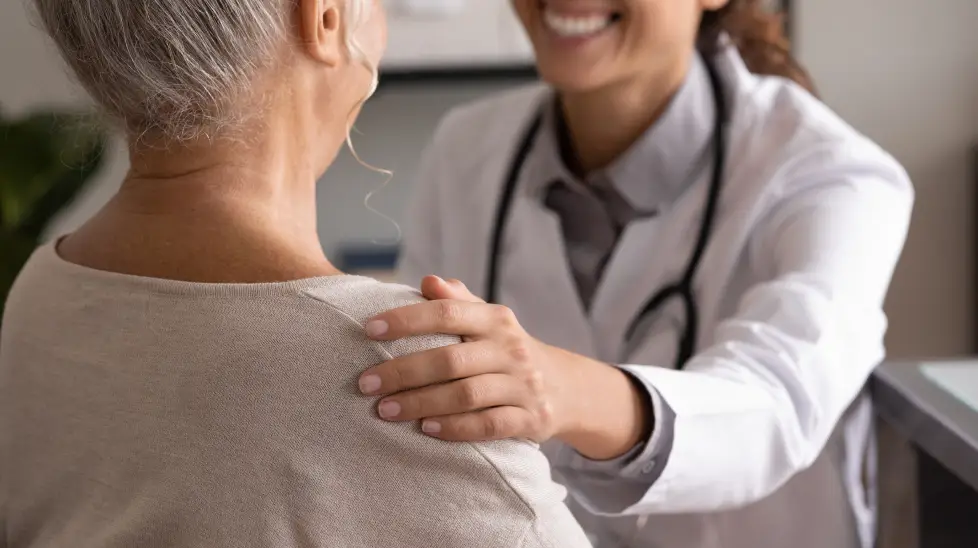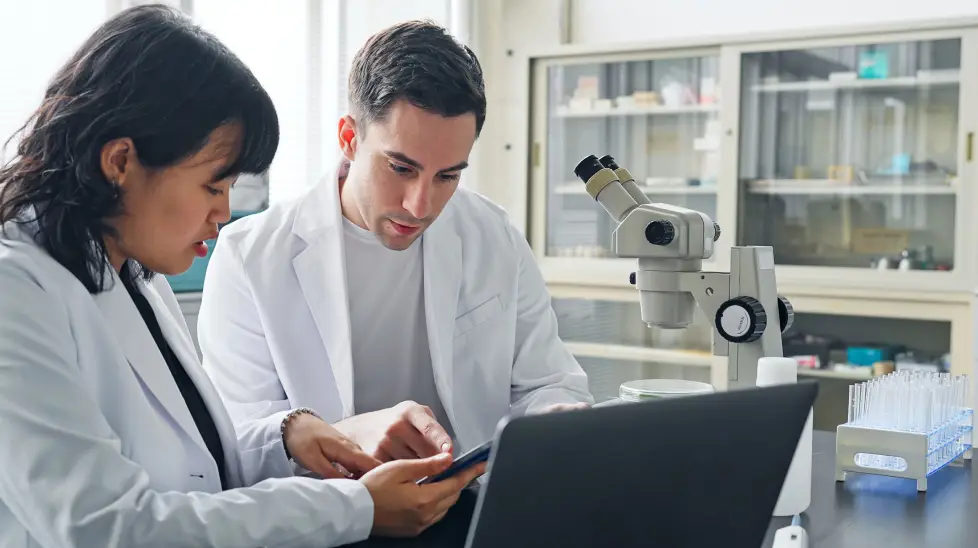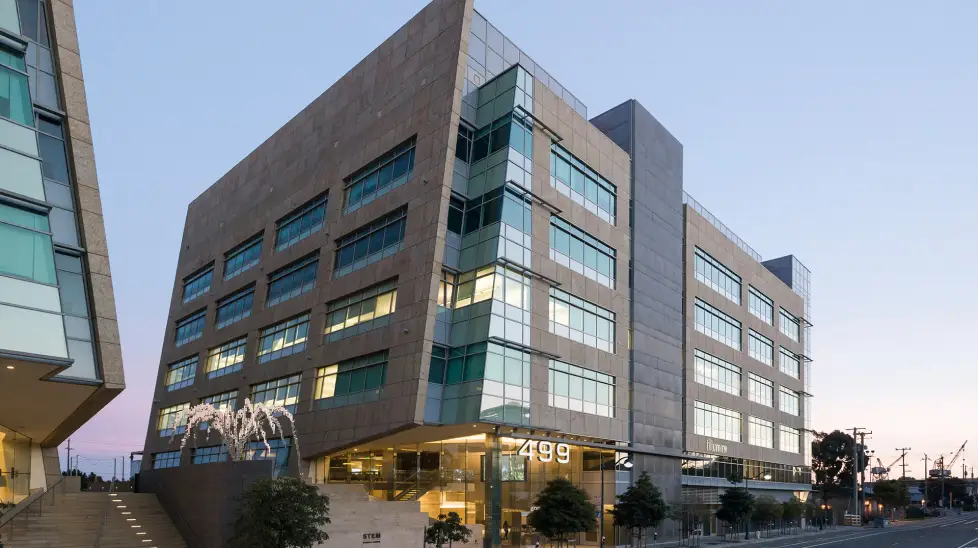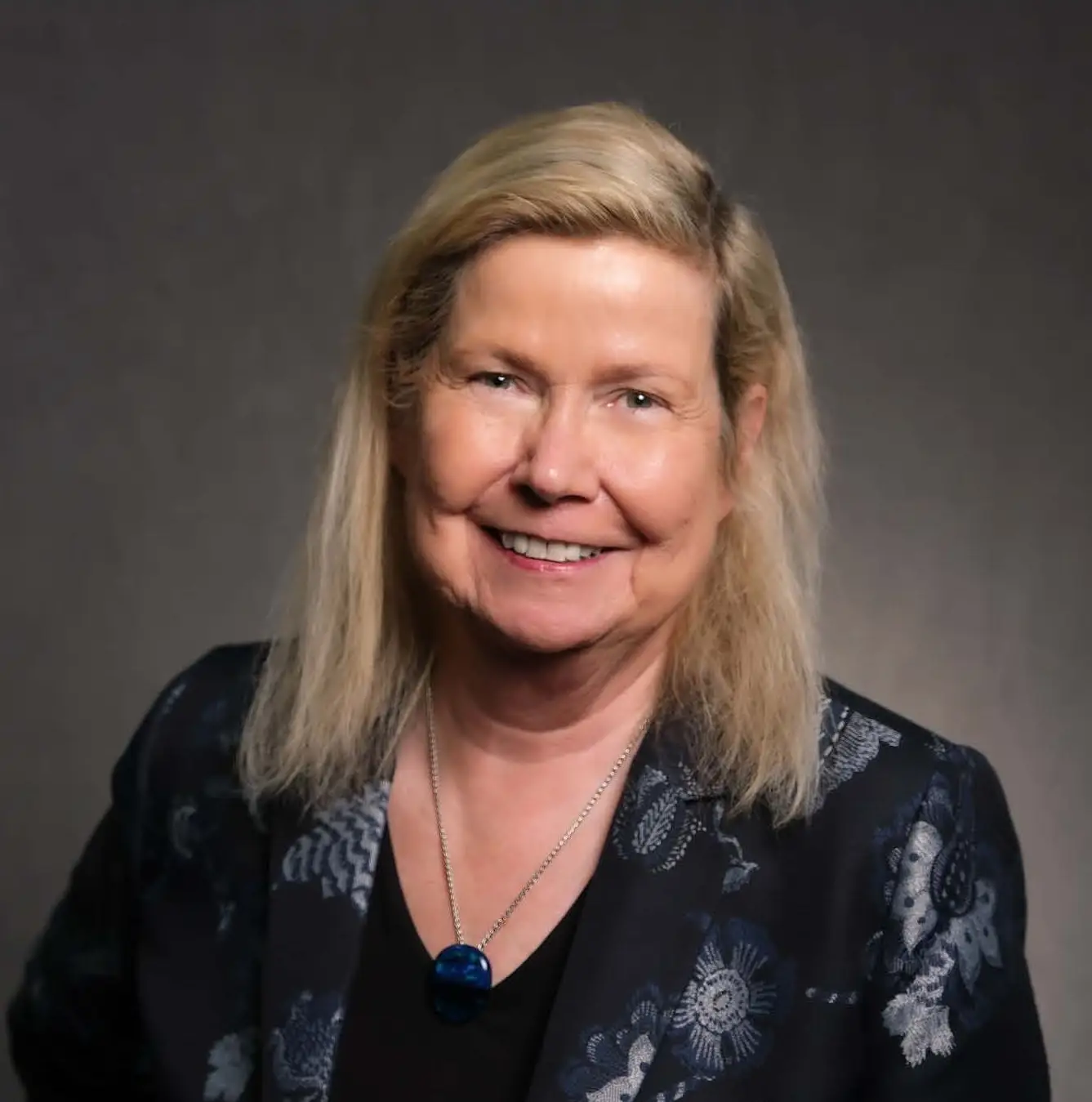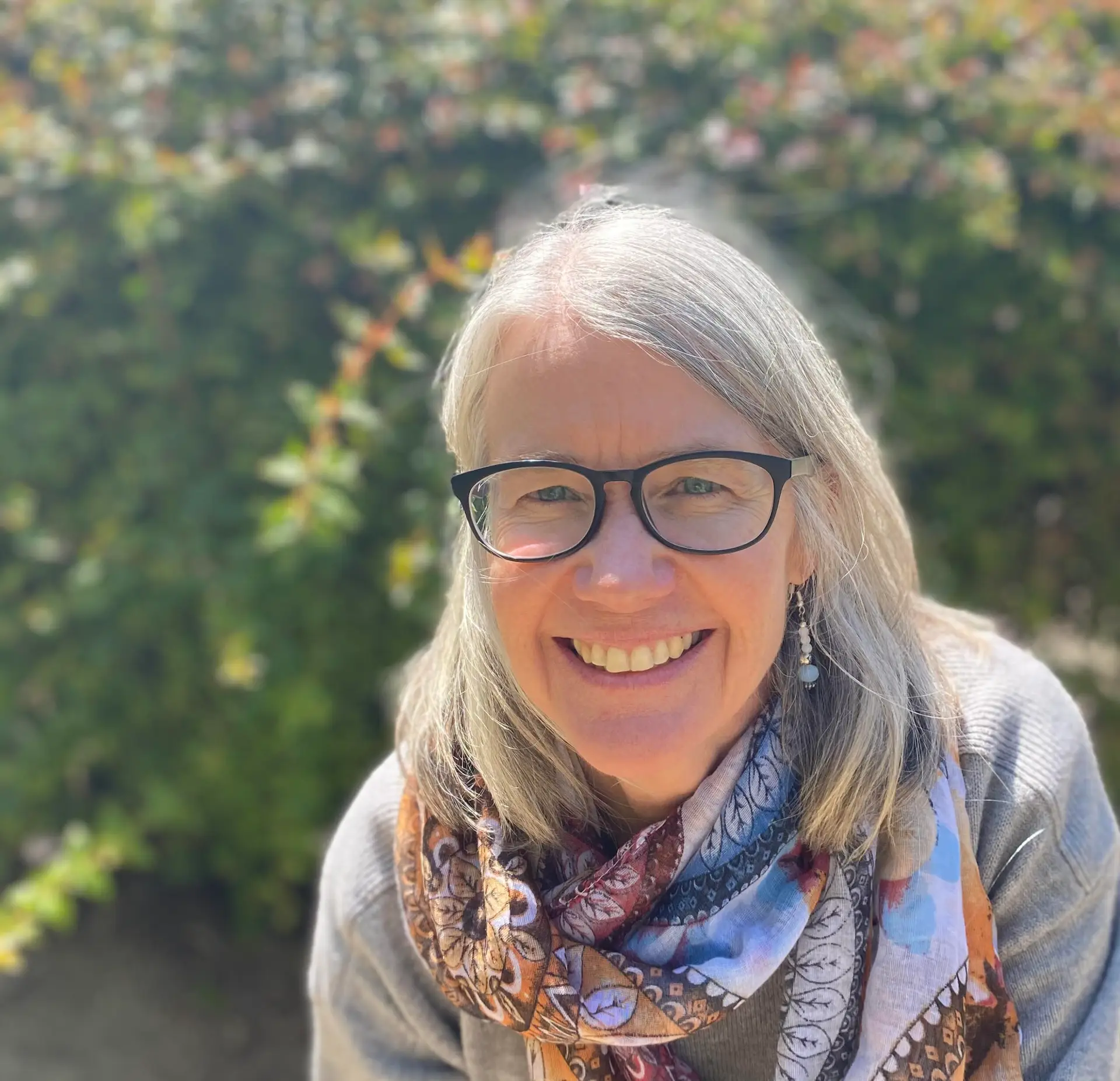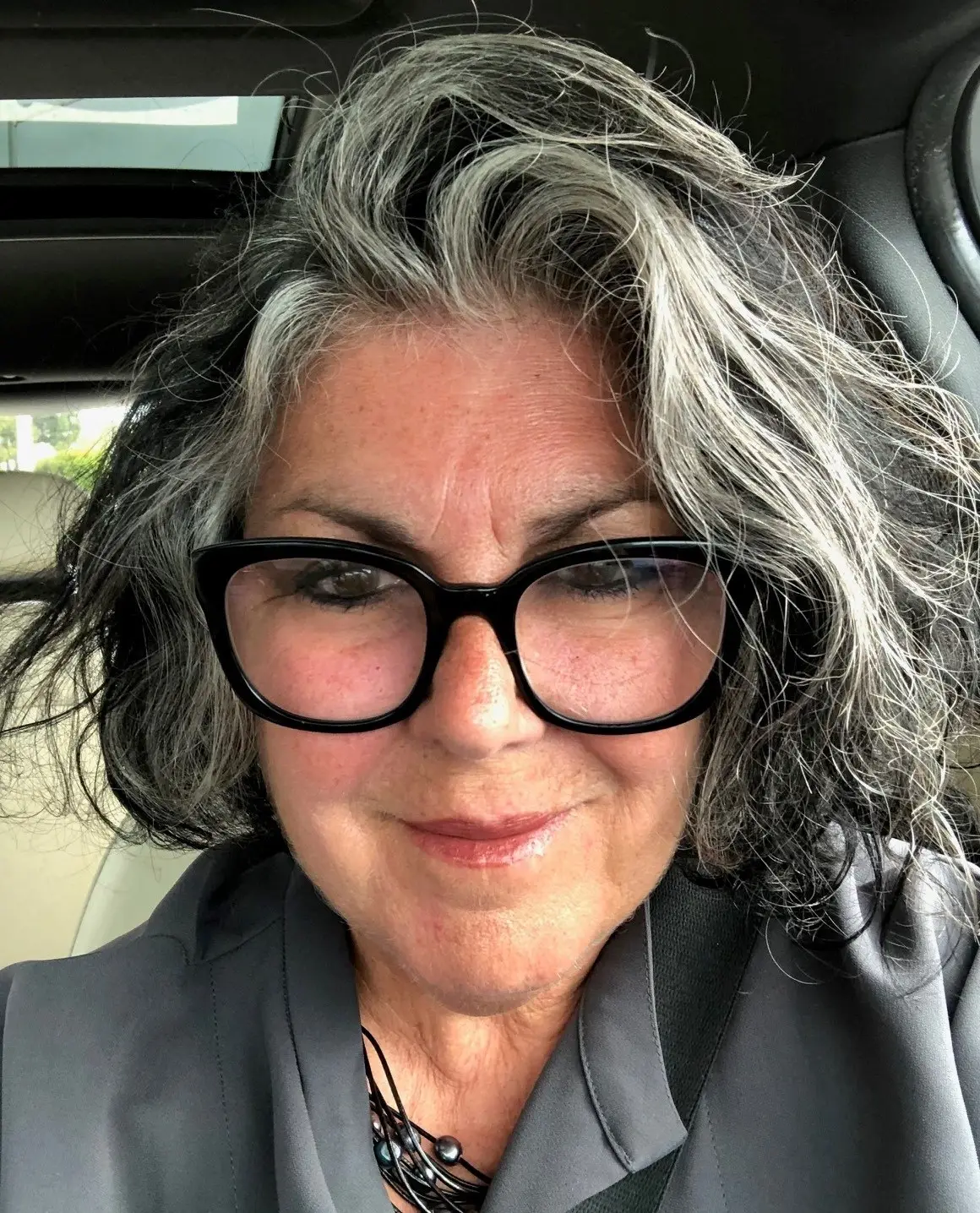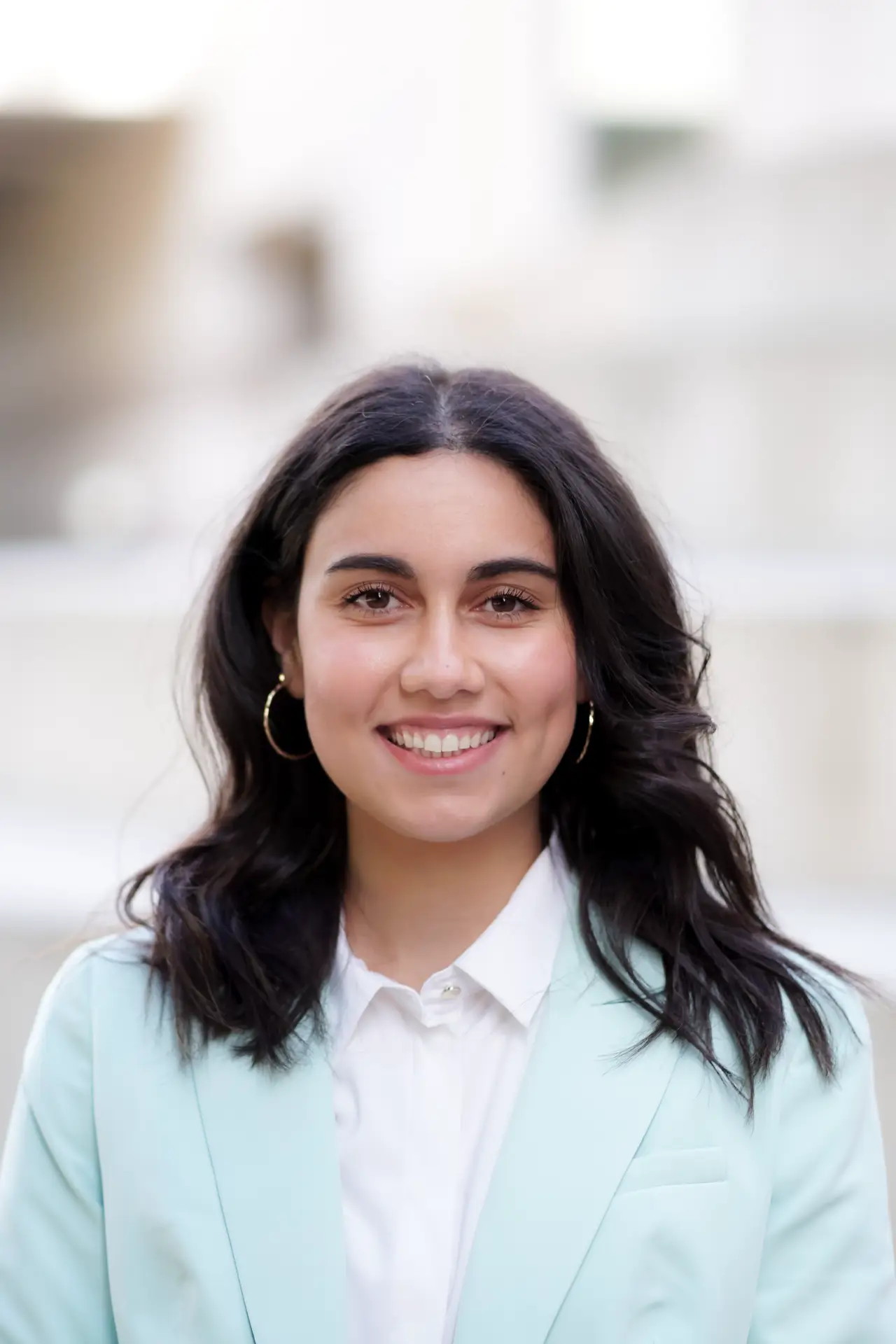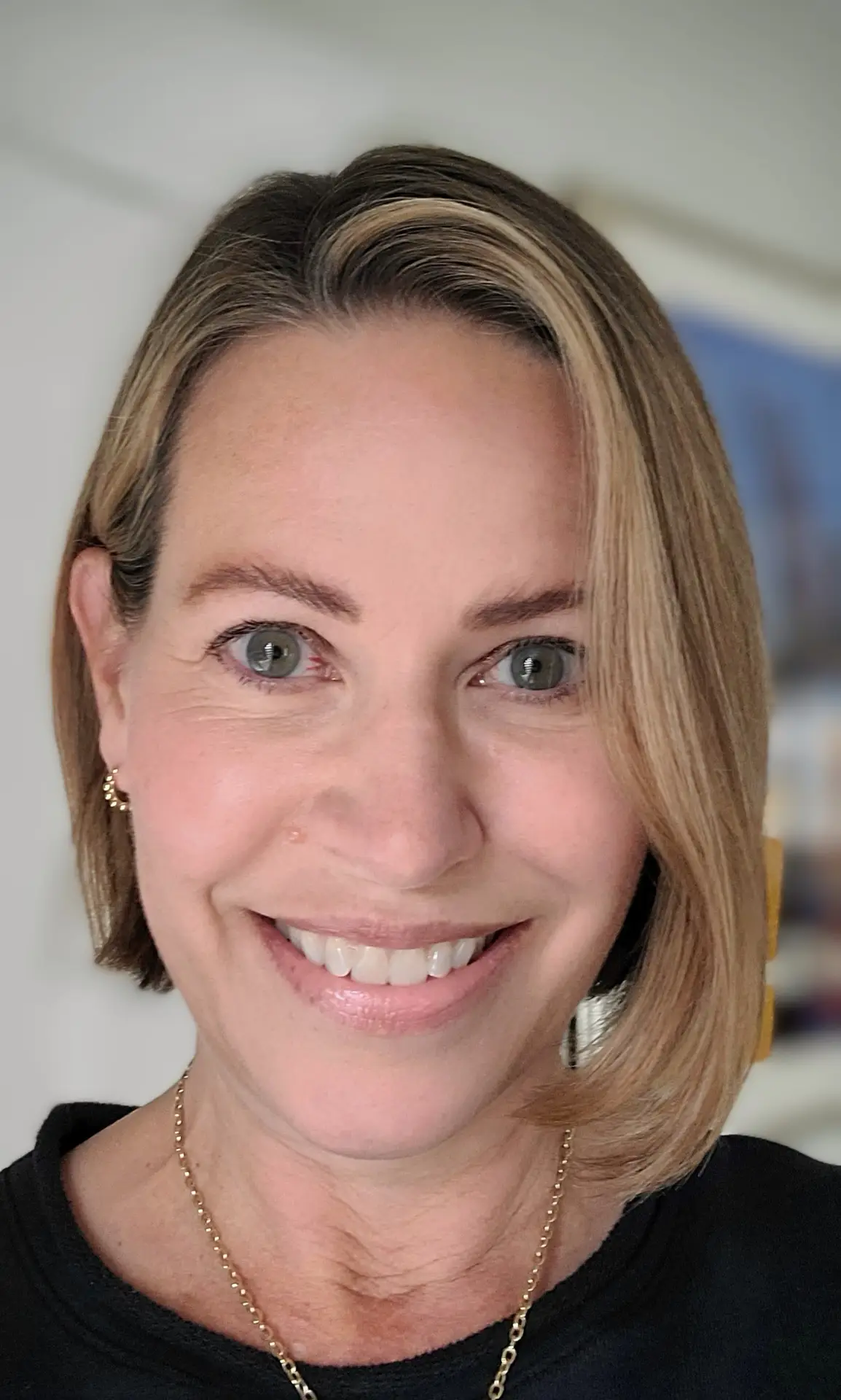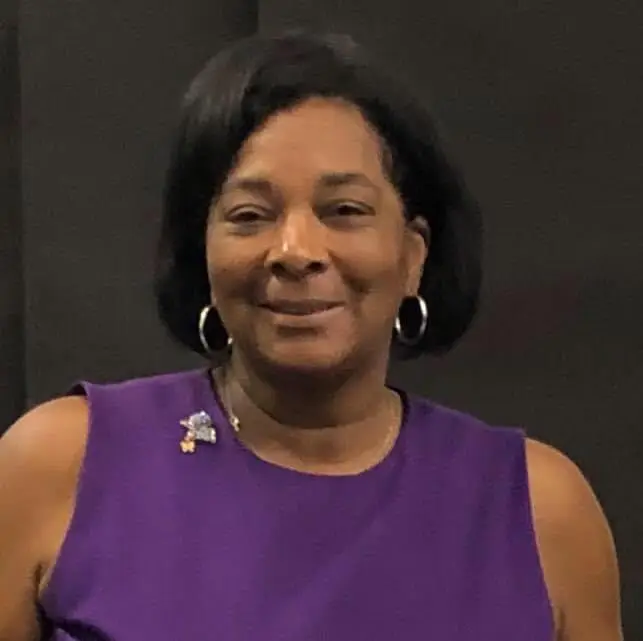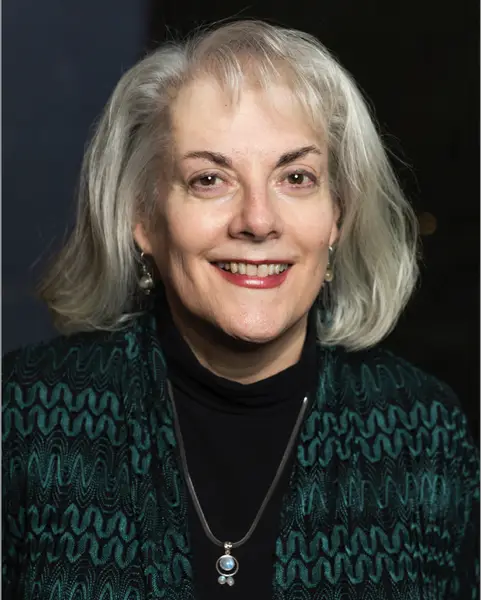The OneSource Framework Allows Streamlined Data Integration for Clinical Research Trials and Patient Care
5-Apr-2022 8:00 AM EDT, by University of California, San Francisco (UCSF)
Newswise — UC San Francisco (UCSF), in collaboration with the Quantum Leap Healthcare Collaborative (QLHC) and the U.S. Food and Drug Administration (FDA), has developed the OneSource system to seamlessly integrate clinical care and research data.
OneSource is an electronic data capture (EDC) system which was developed with the goal of radically streamlining the collection and distribution of patient health data for clinical trials. It is based on best practices and open-source data Electronic Health Record (EHR) integration standards to launch seamlessly within widely used EHR platforms.
Currently, it is extremely difficult to share data due to the lack of data reconciliation, the complexity of systems integration, and abundant interoperability gaps. OneSource is designed to make it simple to share data, regardless of the system used.
“Getting the OneSource system implemented is an important step forward,” said Heidi Collins, vice president of Clinical Systems at UCSF, who was part of the EHR integration team and instrumental in getting the beta version implemented at UCSF. She continued, “Tools that can seamlessly work across any electronic medical record system will make it possible for data to effortlessly flow to trials and registries and serve quality improvement efforts across the medical center.”
The system overcomes current obstacles by allowing critical clinical data to be entered at the point of care, only once, by the clinician and/or the patient. It also automates transfer of labs, demographic and concurrent medications to clinical trial and registry data systems. That single entry then serves as the authoritative source and can be used many times, including for trials, quality improvement, and research. This enables the identification of critical information, tracking of care progress, and organizing and presenting data using intuitive visual tools.
The OneSource framework was initially conceived at UCSF with support from the FDA. The software was further developed for production implementation by QLHC and has been implemented at eight sites of the QLHC-sponsored I-SPY COVID TRIAL. At those sites OneSource enabled a 30%–50% improved turnaround time for data completion associated with the trial end point. By mid-2022, the goal is to have OneSource operational across 35 sites participating in I-SPY 2.2 (for breast cancer) and I-SPY COVID TRIALs across the country.
“We have long needed to focus on the capture of mission critical data at the point of care,” said Laura Esserman, MD, founder and co-principal investigator of the I-SPY Trials and director of the UCSF Breast Care Center. “OneSource enables us to learn from every patient we see, fueling the cycle of knowledge and innovation. We need these same tools to match patients to resources (including clinical trials) that will improve their care experience and their outcomes. OneSource is a building block for 21st century personalized trials that provide clinicians with data and confidence to adopt new standards of care.”
The OneSource initiative leverages the OpenClinica Electronic Data Capture (EDC) system. The Electronic Health Record (EHR) tools to enable this effort were developed at UCSF. QLHC, a 501C (3) charitable organization established as a collaboration between medical researchers at UCSF and Silicon Valley entrepreneurs, partnered with the FDA, the Center of Excellence in Regulatory Science and Innovation and UCSF Information Technology leadership on this initiative.
“OneSource is straightforward to implement, requiring less than ten hours of configuration time using well established, secure EHR integration standards,” said Adam Asare, PhD, QLHC chief data officer and director of IT for the UCSF Breast Center. “Upon implementation, research teams are thrilled with the amount of time saved in what was previously double entry of the same data in separate systems.”
Mitra Rocca, associate director of medical informatics at the FDA, added, “Using the right tools will allow clinicians to be the source for electronic data capture of what is clinically useful and critical for regulatory evidence generation, eliminating the need for the redundant and error prone processes of duplicating data for electronic data capture systems for clinical trials. This collaboration is important to the FDA to streamline trials and improve data quality.”
“Innovation to save lives is at the core of UCSF’s mission,” said Mark Laret, former CEO of UCSF Health. “Esserman and Asare’s vision for simplifying data collection to integrate care with research will enable all trials to move forward and help UCSF accelerate learning and improve patient care on a continuous basis.”
In addition to OneSource’s interoperability and integration of clinical care and research, OneSource will be expanded for use in routine clinical practice in the near future, allowing improved access to patient data among a variety of clinical stakeholders.
About the I-SPY COVID Trial:
The I-SPY COVID Trial (Investigation of Serial Studies to Predict Your COVID Therapeutic Response with Biomarker Integration and Adaptive Learning) is an adaptive platform trial designed to increase trial efficiency by minimizing the number of participants and time required to evaluate experimental and/or repurposed drugs. The focus of the trial is to improve outcomes for severely ill COVID-19 patients. The I-SPY COVID Trial is sponsored and managed by Quantum Leap Healthcare Collaborative. For more information, visit www.quantumleaphealth.org or www.ispytrials.org.
The I-SPY COVID Trial is a collaboration between members of Quantum Leap, pharmaceutical partners and the United States government.
About the I-SPY 2 TRIAL:
The I-SPY 2 TRIAL (Investigation of Serial studies to Predict Your Therapeutic Response with Imaging And moLecular Analysis) was designed to rapidly screen promising experimental treatments and identify those most effective in specific patient subgroups based on molecular characteristics (biomarker signatures). The trial is a unique collaborative effort by a consortium that includes the Food and Drug Administration (FDA), industry, patient advocates, philanthropic sponsors, and clinicians from more than 30 major U.S. cancer research centers. Under the terms of the collaboration agreement, Quantum Leap Healthcare Collaborative is the trial sponsor and manages all study operations. For more information, visit www.ispytrials.org.
About QLHC:
Quantum Leap Healthcare Collaborative is a 501C (3) charitable organization established in 2005 as a collaboration between medical researchers at University of California, San Francisco and Silicon Valley entrepreneurs. Our mission is to integrate high-impact research with clinical processes and systems technology, resulting in improved data management and information systems, greater access to clinical trial matching and sponsorship, and greater benefit to providers, patients and researchers. Our goal is to improve and save lives. Quantum Leap provides operational, financial, and regulatory oversight to the I-SPY Trials. For more information, visit www.QuantumLeapHealth.org
About UCSF:
The University of California, San Francisco (UCSF) is exclusively focused on the health sciences and is dedicated to promoting health worldwide through advanced biomedical research, graduate-level education in the life sciences and health professions, and excellence in patient care. UCSF Health, which serves as UCSF’s primary academic medical center, includes top-ranked specialty hospitals and other clinical programs, and has affiliations throughout the Bay Area. UCSF School of Medicine also has a regional campus in Fresno. Learn more at ucsf.edu or see our Fact Sheet.
Related Links
http://www.quantumleaphealth.org
For more information, email karyn.digiorgio@quantumleaphealth.org



